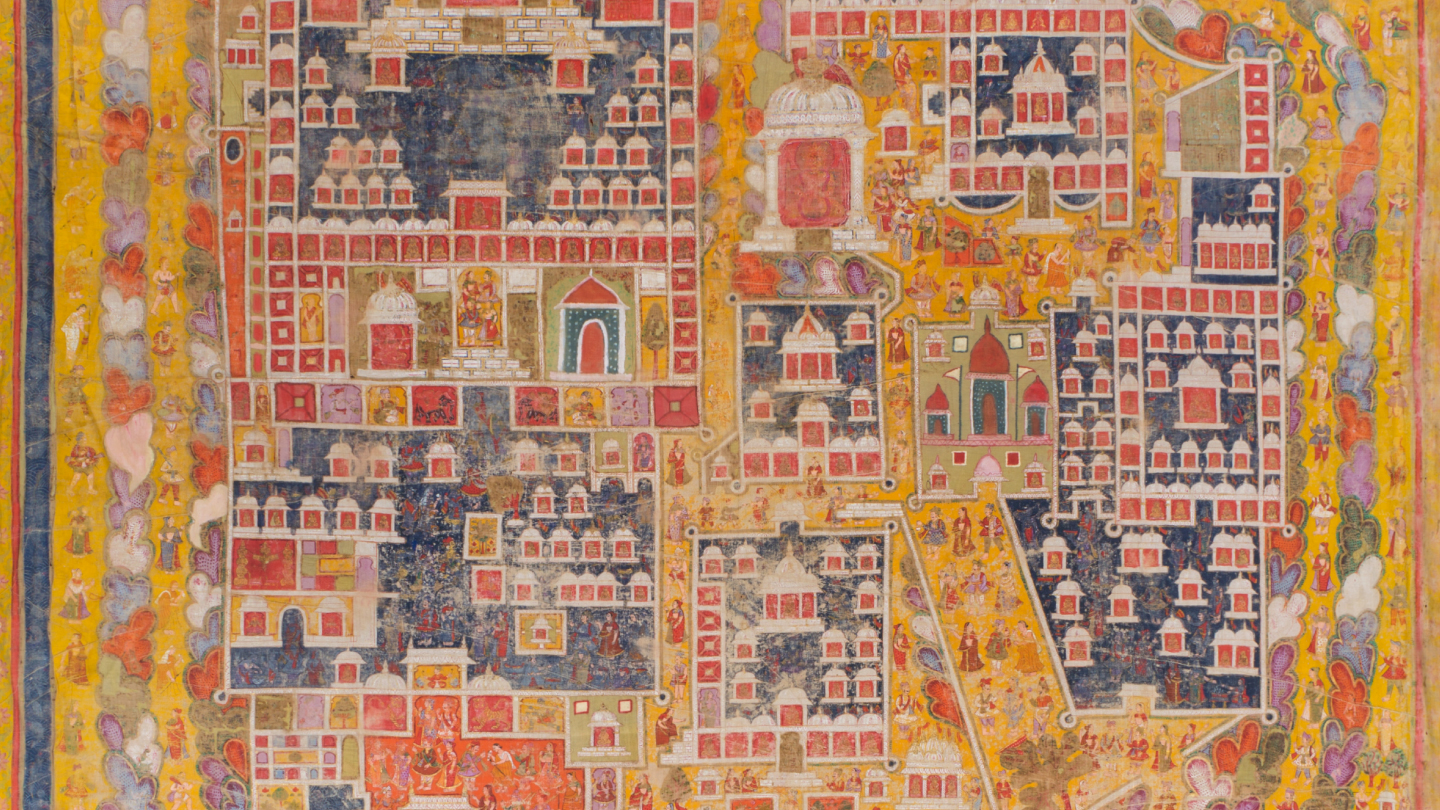Blogs
From Process to Thought
Prof. BN Goswamy
The poetry of bhakti saints — those “great integrators” as V. Raghavan calls them — one finds sometimes to be full of startling images. For bringing the high to the low is what they often went about doing, introducing mystifying paradoxes into the lives of the common man, finding everyday symbols for the Timeless.
One is familiar of course with some of the similes and analogies that seem to have been constantly floating, as it were, in the Indian air. From the times of the Upanishads onwards, things like the relationship of man to God, of body to soul, life to death, were expressed in images that were easy to dig out from everyone's own awareness: thus, the Seed and the Tree, the Sea and the Rivers, the Spider and its Self-woven web, the Thread and the Gems, the River and the Boat, the Puppet and Puppeteer, the Dream, the Dance, and the Sport. Occasionally, however, the saint-poets departed from these classic norms, and brought in different images, even more earthy, more immediate, in some ways. Among the most fascinating are those that take off on the world of the crafts.
A sharp reminder of this came to me recently as I was going through again A.K. Ramanujan's Speaking of Shiva, that finely done selection and translation of vachanas of some of the greatest Shaiva saints writing in Kannada. Consider these defiant words of Basavanna, almost iconoclastic in their ring, going back to the twelfth century:
“How can I feel right
about a god who eats up lacquer and melts,
who wilts when he sees fire?
How can I feel right
about gods you sell in your need,
and gods you bury for fear of thieves?
The lord of the meeting rivers,
self-born, one with himself,
he alone is the true god.”
One cannot go here into the philosophical system to which Basavanna belonged, or to the Virashaiva movement which he was spearheading, placing as it did emphasis upon the worship only of an aniconic








